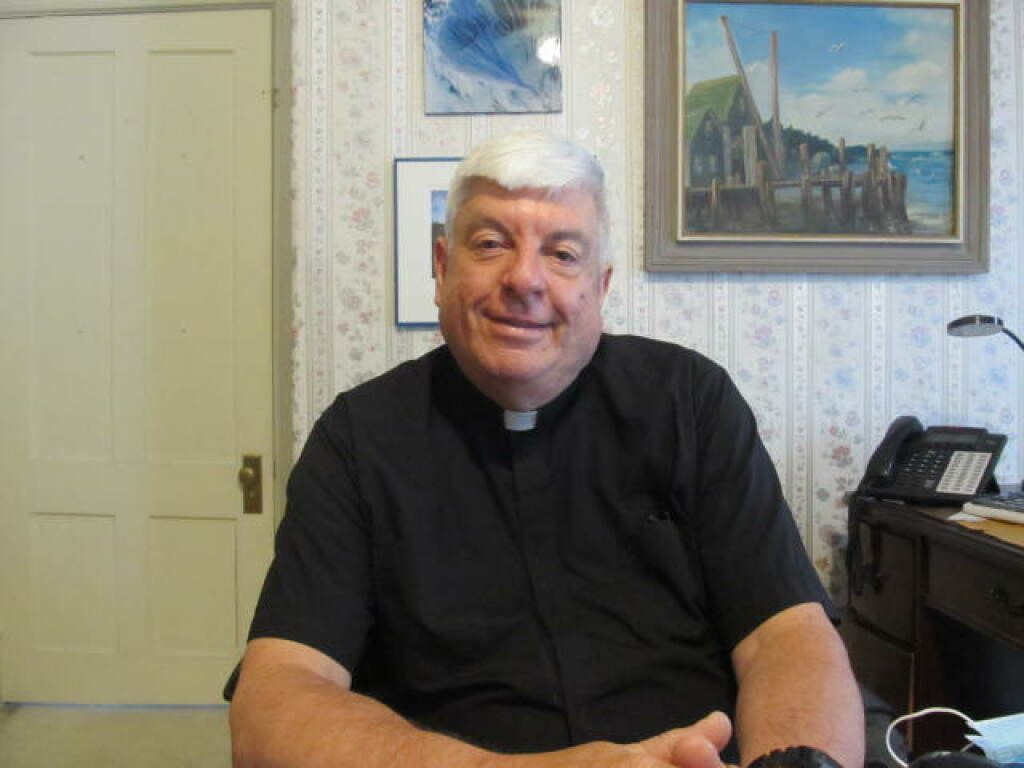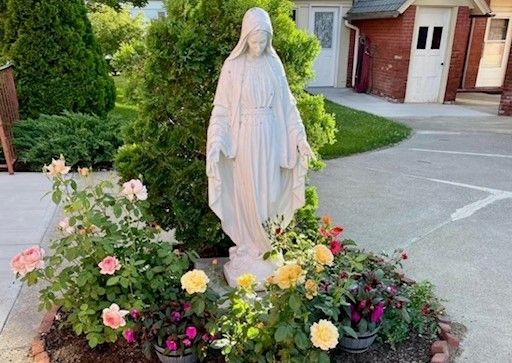 Using Our Gifts with a Song in Our Hearts
Using Our Gifts with a Song in Our Hearts
Three neighborhood boys, Salvator, Julio and Antonio, lived and played in Cremona, Italy, around the mid-1600s. Salvator had a beautiful tenor voice and Julio played the violin in accompaniment as they strolled the piazzas. Antonio also liked music and would have loved to sing along, but his voice squeaked like a creaky door hinge. All the children made fun of him whenever he tried to sing. Yet, Antonino was not without talent. His most prized possession was the pocketknife his grandfather had given him. He was always whittling away on some piece of wood.
One day, during a festival, the boys happened to meet a man named Amati, who happened to be a great violin maker, probably the best in all of Italy or even the entire world….Eventually, Antonio found his way to Amati’s house and knocked on the front door. When a servant opened it, the great master heard Antonio’s squeaky voice and came to see what he wanted so early in the morning.
“I brought these for you to see, sir,” replied Antonio, as he emptied his pockets of the assortment of items that he had carved. “I hope you will look at these and tell me if I have enough talent to learn how to make violins, too.” Amati asked the boy, “And why do you want to make violins?” Antonio replied, “Because I love music, but I cannot sing with a voice that sounds like a squeaky door hinge.” The great violin maker then said, “The thing that matters most is the song in the heart. There are many ways of making music—some people play the violin, others sing, still others paint wonderful pictures. Each helps to add to the splendor of the world. You are a whittler, but your song shall be as noble as any.”
Antonio apprenticed himself to Amati and, over a period of several years, learned every aspect of violin making. Then, when he was good enough at it, he labored many years, making 1,100 violins, trying to make each one better than the one before. Antonio’s last name was Stradivari, and anyone who owns a Stradivarius violin owns a true treasure.
With the story Jesus tells in today’s Gospel, he invites his followers to use the gifts they have received from God. Not everyone receives the same gift—for that would make for a very boring world. But those who dared to use their gifts productively are praised. It is the one who hid his gift out of fear that is condemned.
The Stradivarius story reminds us that even someone who has a voice like a squeaky door hinge still has something to offer the world. As the great Amati said, there was a song in his heart that needed expression, according to his God-given gift, even though it was different, and perhaps less obvious, than that of his two friends.
The point is that our God has blessed us. Written into our very being is some song in our hearts, as it were, some gift, some talent, that is meant to be used, to be invested for the betterment, not only of oneself, but of others. Our gift is not meant to be selfishly guarded, buried, or hidden away for safe keeping.
Our gifts are varied, different—not necessarily better or worse than anyone else’s, but unique, especially tailor-made for us by God. It can be as simple as being compassionate, willing to spend time with a lonely person, sending a note of encouragement to someone who is suffering, taking a coat out of our closet to share with someone who has none, making a child feel special because someone cares.
It’s as if God has placed a song in our heart, and it is meant to add to the beauty of life, the harmony of existence, the symphony of love. It is meant to be used, to be let out, for others to benefit, to be enjoyed—indeed, to make a difference.




